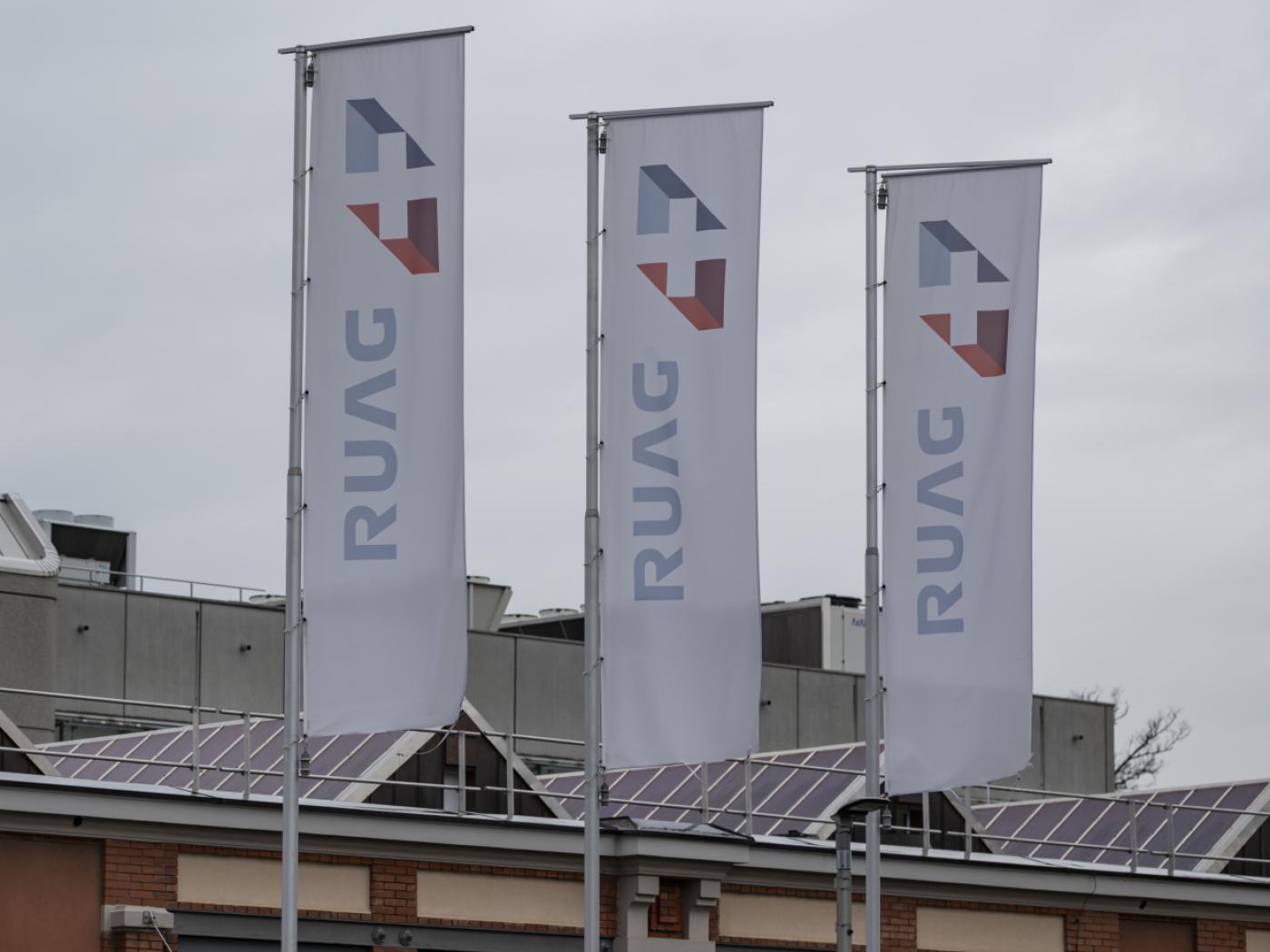The decayed and degraded state of German infrastructure has prompted Eric Gujer to publish an opinion piece in the Neue Zürcher Zeitung (NZZ) in which he advocates for a compromise between conservatives (increase the debt limit and thereby free up funds for renovations), progressives (reform social spending), and the government (reduce subsidies). Should Germany fail to manifest the collective willpower necessary to bring about such a political compromise, then, he fears, there will be no end to the disrepair into which it is falling.
While Mr. Gujer is correct in seeing this problem as a failure of politics, he is mistaken in thinking that its solution can be of a political nature. Rather, the surest, quickest, and cheapest way to renovate the nation’s failing infrastructure is by preventing any further political influence and privatizing it completely. This can be derived from a few points:
First, as Mises explains in Human Action, all action is purposive and speculative: it aims to bring about a future state that is, in the eyes of the subject at the moment of action, preferable to that which he believes would manifest in its absence. Furthermore, as Rothbard and Hoppe have shown, in democracies, those who hold political power own the present-use value of government property, but not its capital value, and, consequently, they are incentivized to derive as much value from the present use of said resources as possible with no regard for their long-term conservation. Lastly, we observe that the resources necessary for the maintenance of German infrastructure exist and that, in principle, the government has enough income (derived from taxes) to bid those resources away from their next highest-valued use and solve the infrastructure problems.
In consequence of these three points, we know that the problem is not a scarcity of funds, technology, or resources, but rather a lack of will: those in positions to invest in infrastructure have chosen to use the means at their disposal to achieve other ends that they prefer. Mr. Gujer believes that a one-time increase in the spending limit will free up the resources necessary to fix this problem, but how could he possibly know that fixing German infrastructure is now at the top of the value scales of all the relevant functionaries? He cannot and, in fact, there is every reason to suspect that the opposite is true and that an increase in the spending allowance would go toward funding more pet projects instead of infrastructure renewal. His plan to avoid this via a guarantee that politicians will not use these funds to pursue unnecessary ends misses the point entirely because necessity is a scientifically meaningless concept; the only thing that matters is whether one end is preferred to another by the agent in question. After all, who—apart from the politician in question—could possibly decide whether fixing this or that pothole is more important than ensuring support for reelection?
If the funds placed at the disposal of the government apparatus and its officials have been insufficient to cover both infrastructure and other spending, and the other spending was prioritized, then those who decided to prioritize other ends have demonstrated that the opportunity cost of using scarce resources on infrastructure is too high. Though others may disagree with this verdict and prefer the fixing of roads and train tracks to the feeding and housing of hordes of third-world migrants or the sending of supplies to Ukraine, they simply have no say in the matter. Their role is to pay taxes and vote for who will decide how to spend them.
On the other hand, if German infrastructure were privatized, then entrepreneurs would have every incentive to provide their customers with cheap and high-quality solutions. Faced with the prospect of economic losses and an inability to recoup sunk costs, private sector firms have no choice but to undertake those projects they believe will create the most value for consumers.
As Mises explains in Bureaucracy, the profit motive and economic calculation allow firms to operate more flexibly, efficiently, and directly than government bureaucracies, which must strictly adhere to detailed, cumbersome, and often arbitrary regulations. Raising the debt limit would be tantamount to decreasing the regulations by which the government has to operate and would incentivize politicians to continue prioritizing items that are important to them but not to voters.
If the debt limit is not raised, then there is at least a small chance that a few of them will be held accountable at the polls. More importantly, however, as government-run infrastructure crumbles, government officials will want less and less to do with it, while private alternatives will become ever more attractive and profitable. The resulting pivot toward privatization would result in a swift turnaround and constitute a valuable lesson in the effects of government mismanagement.
Full story here Are you the author? Previous post See more for Next postTags: Featured,newsletter

































